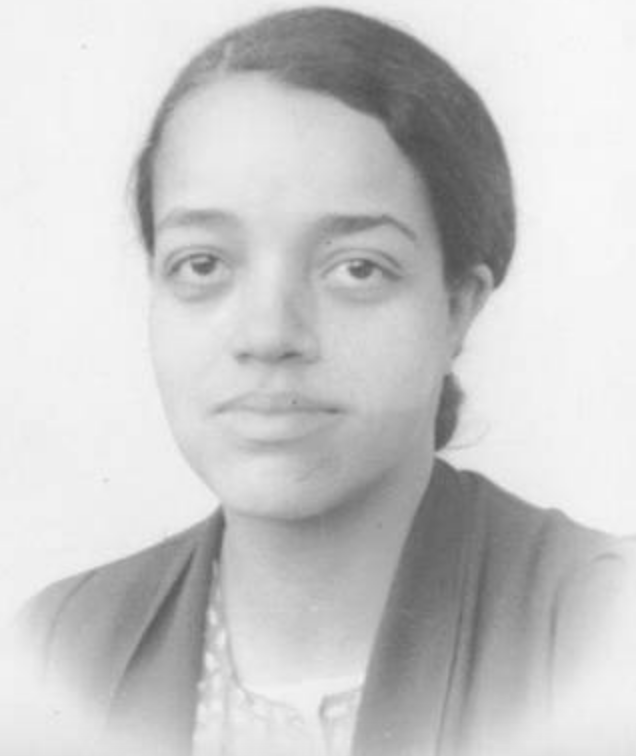“I know you believe that”—the wisdom of Hidden Figures
There’s a lot to love in the movie Hidden Figures. It not only tells the story of three remarkable Black women whose analytical skills enabled the space program to succeed. It’s also an eye-opener for anyone who doesn’t fully understand all that white privilege has handed us over the generations.
If you think police antagonizing Black people is a new phenomenon, feast your eyes on the opening scene, when the women’s car breaks down on the side of a country road. A police car rolls up, lights flashing, and tells them they’ve picked an inconvenient place to break down. As if they had a choice.
If you think the judicial system can settle anything without local support, feast your eyes on the “colored” bathrooms and water fountains, the segregated schools—heck, even the libraries were segregated. And if you wanted to educate yourself on something important, forget about finding the book you need at the “colored” library. As a judge helpfully reminds the audience, this happens after the Supreme Court outlawed “separate but equal” facilities in Brown v. Board of Ed. Also after President Eisenhower overruled the Arkansas governor and directed in the National Guard to escort nine black children into Little Rock’s Central High School. But none of it mattered in Virginia, not back then.

Photo courtesy of Dorothy Vaughan’s family, posted on NASA website
For me, the emotional high point of the movie wasn’t John Glenn’s pioneering flight; it was a short encounter in a newly integrated ladies’ room at NASA. The white woman supervisor looks at Dorothy Vaughan, played by Octavia Spencer, and says, “I don’t have anything against you.”
And Vaughan replies, kindly, “I know.” She pauses. Is that all she’s going to say? It is not.
In the same tone of voice she adds:
“I know you believe that.”
Spencer has been nominated for an Academy Award. If you ask me, she deserves it on the strength of that line alone.
Hidden Figures and the banality of prejudice
Hidden Figures does an excellent job of not demonizing its main white characters, and while they do and say some despicable things, they’re not mustache-twirling villains. They’re not neo-Nazis. They’re just office workers, trying to do something that’s never been done before under an impossible deadline.
But there’s nothing new about their behavior, and surely their parents and grandparents did even worse. They have no concept of how their actions affect the Black people they work with (who they would never imagine as “colleagues”). In fact they barely even notice them, except by their absence.
Prejudice isn’t always easy to see. Oh, the people being discriminated against see it very clearly. But the rest of society may just mistake it for life. Sometimes prejudice is utterly banal—and that’s when it’s scariest.
So in 2017 when the nice people in what’s left of the United States of America start talking about LGBTQ people and people of color wanting “special rights”—when the good Christians start talking about how they “love the sinner but hate the sin” and that Muslims are free to practice their religion, elsewhere—when someone tries to identify any group of human beings as somehow less deserving of respect and dignity—let’s start by channeling our inner Dorothy Vaughans: “I know you believe that.”
And then what?
Then tell a story—a real story. If you can touch someone’s heart, you might be able to open their eyes. Hidden Figures does.